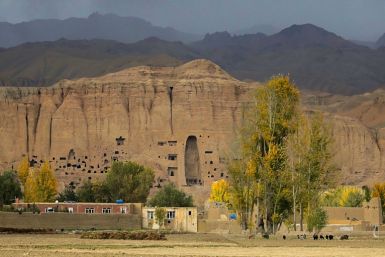One-Way Ticket for First Human Residents of Mars in 2023
While most reality TV contestants like those in Big Brother get booted out one by one until the last few finalists battle it out for the top prize, winners in a reality TV with a trip to Mars as the prize will get booted out of Earth permanently.
Mars One (http://mars-one.com/en/), the Dutch not-for-profit company that is behind the plan to build a human settlement in the Red Planet by 2023, had the following sentences on its Web site: "The Mars One astronauts will depart Earth with the assumption they will never return . . . Mars becomes their new home, where they will live and work for what will likely be the remainder of their lives."
However, New.com.au reported those sentences were eventually removed from the selection process announcement for astronauts on the Web site, although it is still included in the 3-minute, 57-second video introduction of the project.
So far, Mars One has received more than 1,000 applications. The successful applicants will need to go through eight years of training and education before they leave for the Red Planet.
Applicants are not required to have science or military degrees unlike the usual benchmarks for astronauts, but they must have "a deep sense of purpose, willingness to build and maintain healthy relationships, the capacity for self-reflection and ability to trust."
In addition, they must also be resilient, adaptable, curious, creative and resourceful, be at least 18 years old, physically fit and psychologically stable.
Mars One had not discounted the possibility of returning to Earth, however, it warned that it cannot be anticipated or expected because that would require a fully assembled and fuelled launch vehicle capable of escaping the gravitational field of Mars, ample, on-board life support systems and supplies for up to seven months of voyage as well as capability to dock with a space station orbiting the Earth or perform a safe re-entry and landing on the planet where they originated.
The reality TV format of the selection process for the first 24 candidates to Mars will be via global voting to help raise funds for the project. The show will include the astronaut training up to their arrival in Mars.
Mars One plans to send a second batch of Mars migrants in 2025. All settlers will be provided with safe living facilities with clean air, potable water and food rations until plants are grown in green houses.
Among the adjustments that Mars settlers who have to make is the planet's 38 per cent gravitational field which causes bone density and muscle strength to decrease and a change in blood circulation.
With these conditions, while making their permanent journey to another planet, future Martians would perhaps be listening to this Neil Sedaka hit to describe their last farewell to planet Earth.






